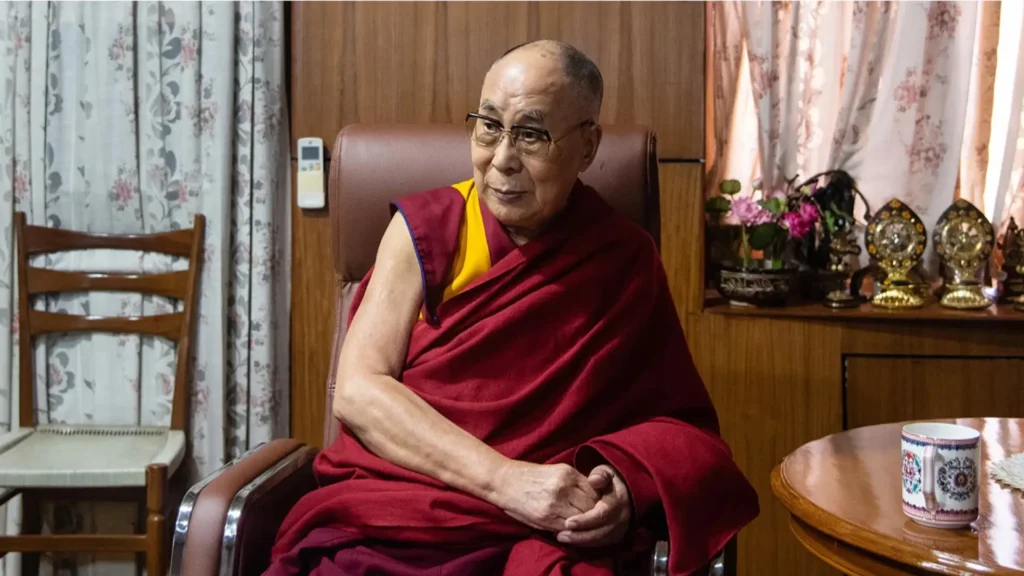As the revered Dalai Lama nears his 90th birthday, the Tibetan spiritual leader is preparing to address more than 100 Buddhist religious figures in a rare three-day gathering that could shape the future of Tibetan Buddhism—and irk China in the process.
Why This Moment Matters
For decades, the Dalai Lama has embodied the peaceful resistance of Tibet’s struggle for autonomy. Now, his followers—and the world—are waiting to hear him speak on one of the most sensitive spiritual and political questions of our time:
Who comes after him?
While China insists it will appoint the next Dalai Lama, His Holiness has made it clear:
“My reincarnation will be born outside China. Reject any successor picked by Beijing.”
His message is bold, spiritual, and politically charged—setting the stage for a diplomatic and religious standoff with Beijing.
The Succession Struggle: More Than a Spiritual Question
Tibetan officials argue that Beijing is trying to “hijack” a centuries-old spiritual tradition to serve state interests.
“China is trying to grab this institution for its political purpose,” says Dolma Tsering Teykhang, deputy speaker of the Tibetan parliament-in-exile. “We want the incarnation for the survival of Tibet and the well-being of all humanity.”
Tibet’s chief state oracle, Thupten Ngodup, echoes this urgency, saying such talks are happening now because of China’s interference, despite tradition dictating that reincarnation discussions wait until after the spiritual leader’s death.
Spirituality Meets Star Power
The gathering—being held for the first time since 2019—will include a video message from the Dalai Lama, as well as appearances by high-profile supporters such as Hollywood actor Richard Gere, a long-time follower of Tibetan Buddhism.
The Dalai Lama is also scheduled to attend birthday prayers on July 5 and deliver a public address on July 6, with Indian officials including Parliamentary Affairs Minister Kiren Rijiju expected to attend.
Preparing for the Future
Since stepping down from political leadership in 2011, the Dalai Lama has gradually separated the spiritual and political spheres of Tibetan life. Through his Gaden Phodrang Foundation, he has prepared for a peaceful transition, emphasizing that Tibet’s elected government-in-exile will carry on its mission, even after he’s gone.
“His Holiness made us act as if he’s not there,” says Teykhang. “He has really prepared us for that day.”
Despite recent knee surgery, the Dalai Lama remains hopeful—and even joked in December that he could live to be 110 years old. But succession planning is no longer theoretical—it’s now on the global stage.
What’s at Stake?
- For China: Control over the next Dalai Lama could legitimize Beijing’s rule over Tibet.
- For Tibetans: Preserving the sanctity of reincarnation is central to cultural survival.
- For the world: The succession raises questions about religious freedom, sovereignty, and the role of spirituality in modern geopolitics.
As the Dalai Lama prepares to speak, the world is watching—not just for his words, but for what they will mean long after he is gone.
Source: Reuters
Read More : Trump’s Tax Cut Bill Surges Ahead — But at a $3.3 Trillion Cost, Says CBO
